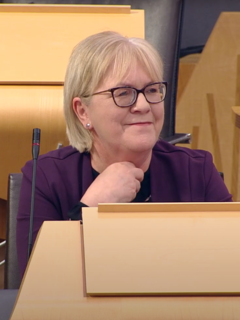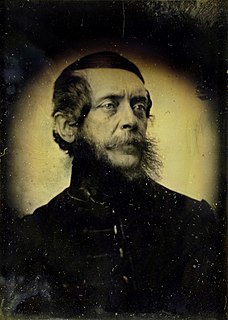A Quote by Percy Bysshe Shelley
There is no real wealth but the labour of man.
Quote Topics
Related Quotes
Labour is the source of all wealth, the political economists assert. And it really is the source -- next to nature, which supplies it with the material that it converts into wealth. But it is even infinitely more than this. It is the prime basic condition for all human existence, and this to such an extent that, in a sense, we have to say that labour created man himself.
When you read Marx (or Jesus) this way, you come to see that real wealth is not material wealth and real poverty is not just the lack of food, shelter, and clothing. Real poverty is the belief that the purpose of life is acquiring wealth and owning things. Real wealth is not the possession of property but the recognition that our deepest need, as human beings, is to keep developing our natural and acquired powers to relate to other human beings.
The value of any commodity, therefore, to the person who possesses it, and who means not to use or consume it himself, but to exchange it for other commodities, is equal to the quantity of labour which it enables him to purchase or command. Labour, therefore, is the real measure of the exchangeable value of all commodities. The real price of everything, what everything really costs to the man who wants to acquire it, is the toil and trouble of acquiring it.
And whereas many men, by accident unevitable, become unable to maintain themselves by their labour; they ought not to be left to the Charity of private persons; but to be provided for, (as far-forth as the necessities of Nature require,) by the Lawes of the Common-wealth. For as it is Unchariablenesse in any man, to neglect the impotent; so it is in the Soveraign of a Common-wealth, to expose them to the hazard of such uncertain Charity.
It is true that so far as wealth gives time for ideal ends and exercise to ideal energies, wealth is better than poverty and ought to be chosen. But wealth does this in only a portion of the actual cases. Elsewhere the desire to gain wealth and the fear to lose it are our chief breeders of cowardice and propagators of corruption. There must be thousands of conjunctures in which a wealth-bound man must be a slave, whilst a man for whom poverty has no terrors becomes a freeman.
It is not the actual greatness of national wealth, but its continual increase, which occasions a rise in the wages of labour. It is not, accordingly, in the richest countries, but in the most thriving, or in those which are growing rich the fastest, that the wages of labour are highest. England is certainly, in the present times, a much richer country than any part of North America. The wages of labour, however, are much higher in North America than in any part of England.


































